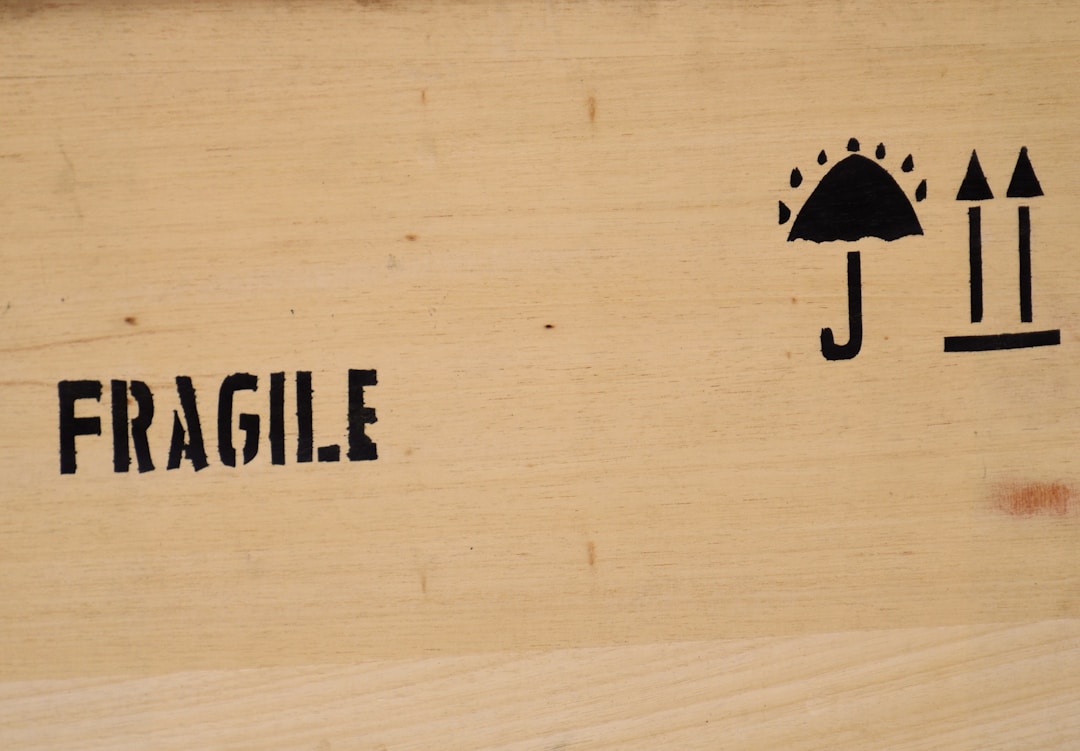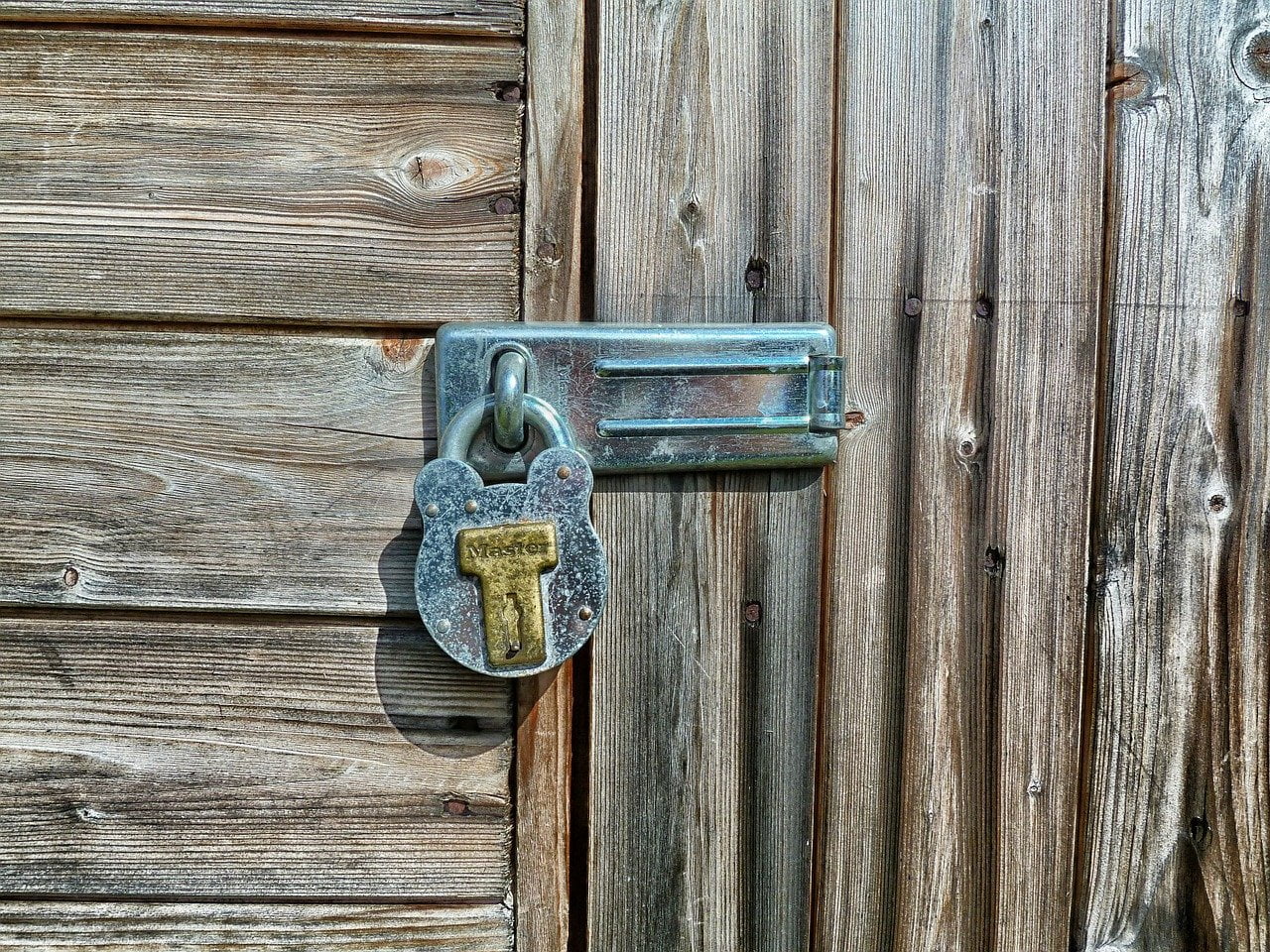According to a 2021 study conducted by Self Storage Demand, about 10.6% of American households currently have a rental self-storage unit. When you break this figure down, this comes to about 13.5 million households.
We need storage units for several reasons, and whatever these reasons may be—additional storage space when downsizing to a smaller house, moving cities for work (to enroll in an out-of-state cosmetology program, for instance), or decluttering for extra space—you want to know your belongings are safe.
If you’re thinking of renting a storage unit in Los Angeles, Chicago, Miami, or anywhere else in the country, you’ll first need to do your research. With there being so many storage companies, a bit of research can help you find a storage facility that best suits your needs. Luckily, U.S. Self Storage understands this need and offers a hassle-free solution to finding a storage unit in your area.
U.S. Self Storage allows you to compare self-storage unit sizes and prices of all the best self-storage companies in the United States. Once you find the perfect unit, you can reserve a public storage unit online at the best prices. What’s more, no credit card information or deposit is required.
Once you’ve found a storage unit, you’ll need to be strategic with the way you store your items to avoid theft, damage to property, and other problems. To get ahead of all these issues, follow these simple tips.
1. Use a secure storage facility.

There are basic security amenities you should look for at any facility, and the best storage companies will have these in place. To begin with, consider the facility’s physical security. Look for surrounding security features such as electric fencing around the property. This is only the initial layer of security and it is important because it should keep out any unauthorized individuals from the premises (anyone not working or renting at the storage facility).
If you plan to visit the storage unit ahead of time before making a commitment to rent, ask about the presence of video surveillance. This important because it’ll help keep your items safe. Also, make note of how well lit the facility is, as this will ensure your personal safety when you access your items. On accessibility, also enquire about the availability of a facility manager or a contact person, should you need to make an inquiry.
Finally, while this may seem like an obvious secure measure, some renters don’t pay enough attention to the quality of their locks. If your storage unit requires that you use a lock, make sure yours is sturdy enough to withstand bolt or wire cutters.
Storage units with climate control features are a great option if you’re looking to store a piece of furniture, documents, and anything that could be damaged by severe weather conditions, like dampness, heat, and cold. Additionally, storage units with a cargo management system are also a great option, because they allow you to easily load and unload items set for vehicle storage (motorcycles, RV’s, boats).
Using a storage unit without climate control features could result in severe property damage such as rust, mold buildup, and corrosion.
2. Secure all your fragile items.

Don’t let your expensive china, lamps, glassware, or flat-screen TV become victims of poor packing skills. Bubble wrap, newspapers, dish, and glass packers are just some of the materials you can use to secure your fragile items. Also, keep in mind that, no matter how well-rated your moving company is, mistakes are possible. Long-distance moves are especially notorious for road bumps and obstacles, so if your belongings are not well packed, damages can be expected.
Once inside the storage facility, you’ll want to make sure that the boxes with your fragile items are well secured and placed to avoid damage. Make sure these boxes are well-labeled and not stored under heavy objects. For added safety, use hard boxes in your storage locations that can’t be crushed under pressure.
3. Figure out your insurance options.

As an added safety measure, check if your preferred storage company offers insurance. If they do offer insurance, also find out what exactly the policy covers. This is important because, should a breach in security occur while your items are in storage, insurance can help you recover these damages. Also, check your homeowner’s insurance policy to find out if off-site items are covered while in storage.
As a final safety measure, be sure to keep a well-detailed record of everything you have in storage. If you have any appliances or electronic equipment, note down their serial numbers. Also, have a list that has an accurate record of each item’s value. In this way, you’ll be able to stay organized. This is prudent because, should an insurance claim be necessary, you’ll at least have some documentation to support this claim.





